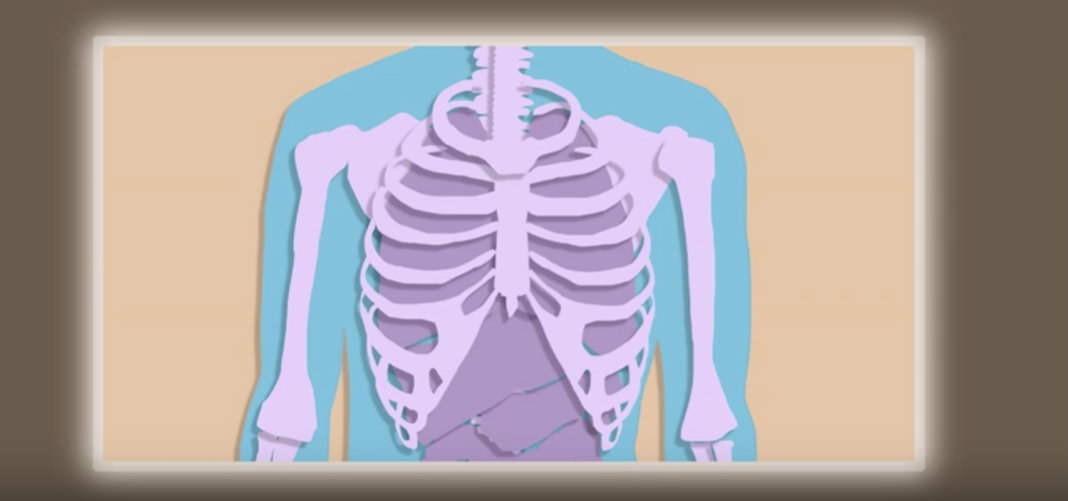What is the simplest way to make tastier food? According to a study from Harvard Business School, cooks make significantly better food when they can see their customers. It seems that the mere sight of the customer motivates and inspires them to do a better job. The lead researcher, Ryan Buell, explains the findings:
We’ve learned that seeing the customer can make employees feel more appreciated, more satisfied with their jobs, and more willing to exert effort. It’s important to note that it wasn’t just the perception of quality that improved—the food objectively got better.
Seeing the impact of their work made a world of difference. As one chef in the study put it:
When the customers can see the work, they appreciate it, and it makes me want to improve.
Customer satisfaction went up 10% when the chefs could see the customers. Even more striking, when both customers and cooks could see one another, satisfaction shot up 17.3%. Seeing the hard work that goes into preparing the food enhanced appreciation. In a separate related study, customers didn’t mind waiting in line for sandwiches, as long as they could see them being made. In other words, it’s not just about the final result. Understanding the process has great value too.
The benefits of transparency are not limited to kitchens. Seeing “behind the curtain” cultivates appreciation and gratitude for all those involved. Adam Grant, PhD, professor of management at The Wharton School of Business, has research that highlights how powerful this can be. When radiologists were showed a photograph of a patient, their diagnostic accuracy improved by 46%.
Similarly, when people are aware of how much effort goes into something, they value it more. Watching an artist at work in their studio or a craftsman in their workshop increases appreciation of the artwork. Effort is so often hidden from customers. This is predicated on the faulty idea that people only care about a finished product. As these studies demonstrate, this is clearly not the case. A connection to how something is made and who made it has impact and raises a number of questions.
As Buell explains:
What if you could watch your car being made? Would it change how you felt about the company? Would it change how you took care of your car? There is something refreshingly human about the idea that just seeing each other can make us more appreciative and lead to better outcomes.
Mutual appreciation and gratitude are powerful forces that shape our experiences and how we feel. Human connection is at the heart of it.
I wish you all the best,
Dr. Samantha Boardman






